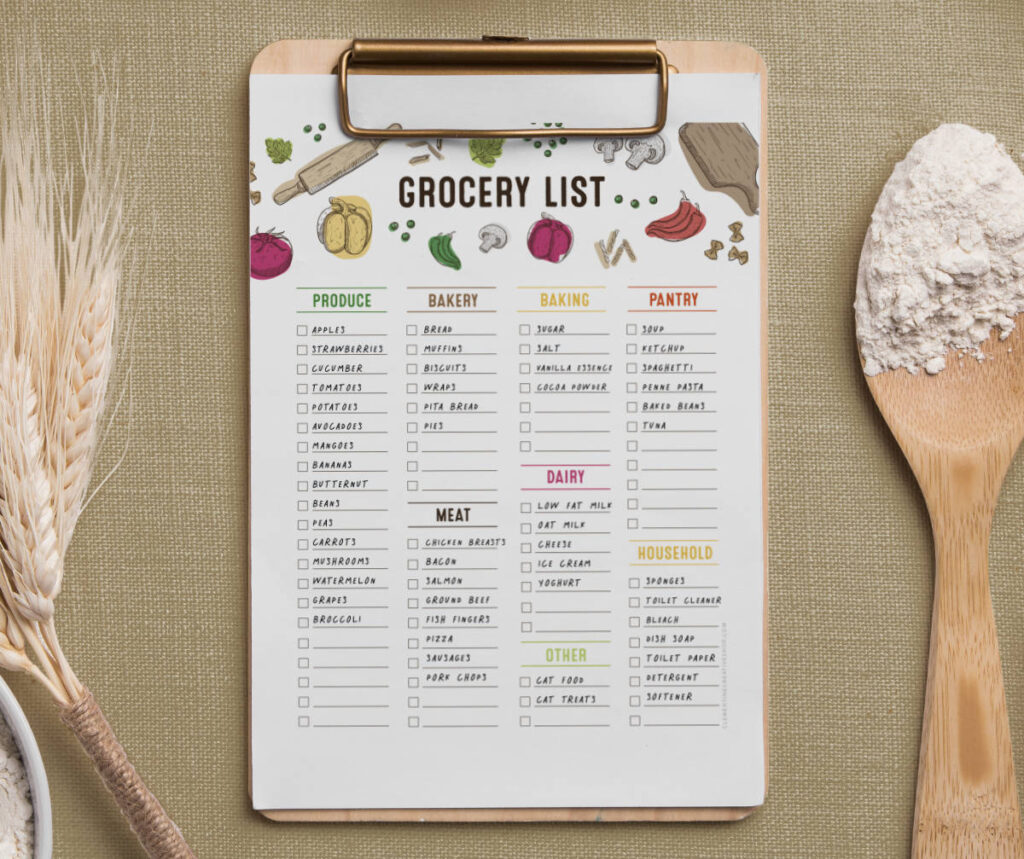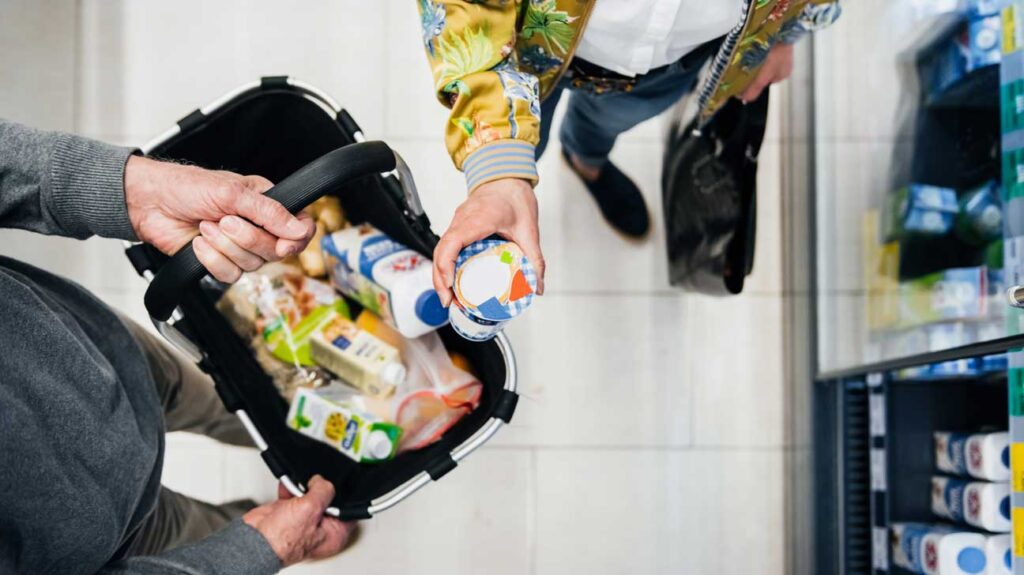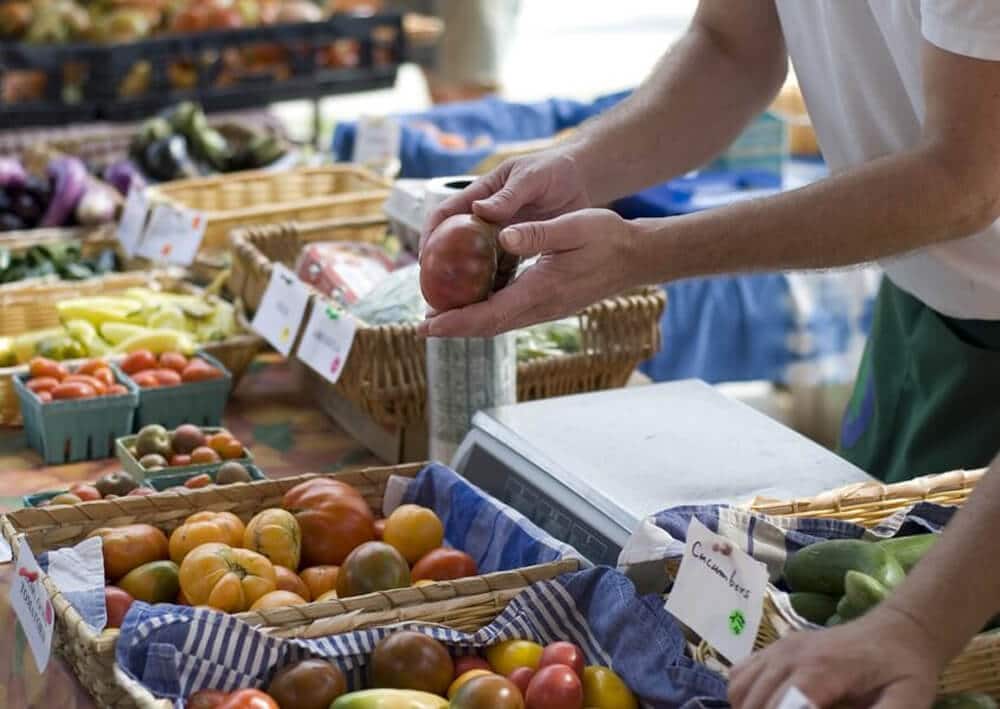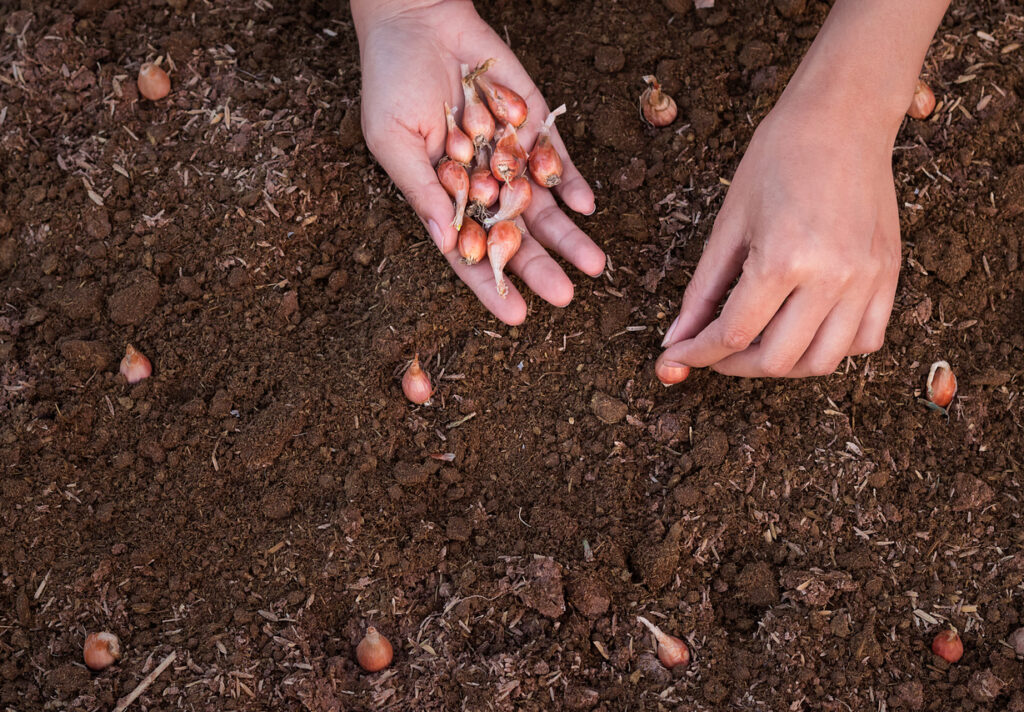Global food production has undergone many changes over the years. Before mass transportation, self sustainability and a reliable local supply chain were the guarantees of a healthy and prosperous community. Any surplus could be sold off to increase that prosperity and help support less fertile areas.
As evolving technologies shortened the miles between communities, agriculture became mechanized, and food manufacturing started putting products on shelves fast and quicker, and more conveniently, any idea of locally sourced products became less of an actual thing, and more of a marketing narrative.
Communities were created where food was plentiful all year round, water sanitation was taken for granted, and people started getting fatter.
Going back to basics

Source: lowcarbprogram.com
With the arguments swirling around climate change, carbon net zero, sustainability, and food testing, it makes sense to go back to basics when it comes to food production – not basics in terms of technological development and sustainable farming methods, but rather in establishing a more locally based supply chain.
The benefits to those local communities, the individuals within them, and globally could be massive – far more impactful than imposing pecuniary fines on older vehicles and off-set carbon schemes.
Supporting local economies and local small businesses

Source: entrepreneur.com
How many family run butchers shops and greengrocers have closed down in your local high street? How many generational farmers have sold off land and hacked away at their own businesses. An influx of mass produced products erodes the ability of local producers to compete.
Although healthy competition is always welcome when running businesses, when it becomes unsustainable for the local business they can do no more other than shut the shop, which itself has a knock on effect on their own suppliers and employees. When a local business closes, it is not just that business that suffers, but a whole chain reaction.
A healthy, thriving local business community is not just essential economically, but socially as well. Popular family businesses can provide a hub for those who are lonely, maybe living on their own. Nothing is more despondent than trudging round a faceless supermarket then going home to an empty house to eat packaged food.
A more quality product

Source: nestle.com
There is little doubt that a piece of beef that comes from a cow that was raised in an open field, fed on a nutritious diet and fresh grass, given the freedom to move and graze and live a generally stress free life is going to taste infinitely better than a piece of beef from a cow that was ‘grown’ in factory conditions, with minimum grazing and freedom, and generally treated exactly as it is – like a piece of meat.
And it’s not just the taste – it will be more nutritious too. Stress in animals can make the meat tougher, and strip it of quality nutrients that make it an overall healthier choice for humans.
Equally, mass produced fruit and vegetables grown under polytunnels on the other side of the world, then packed in plastic and flown over is going to lose essential nutrients that improve both its quality and taste. Purchasing fruit and veg that is grown just down the road will not only improve the health of the local population, but it will reduce the pressure on the amount of emission generated y the planes that zip them thousands of miles around the globe.
Replacing biodiversity back into the countryside

Source: thecounter.org
Responsible local farming practices focus not just on the product, but on the impact their production has on the local environment. From attracting insects and birdlife back into the area, which helps to regenerate local flora and fauna, the beneficial impact will be felt for generations to come.
